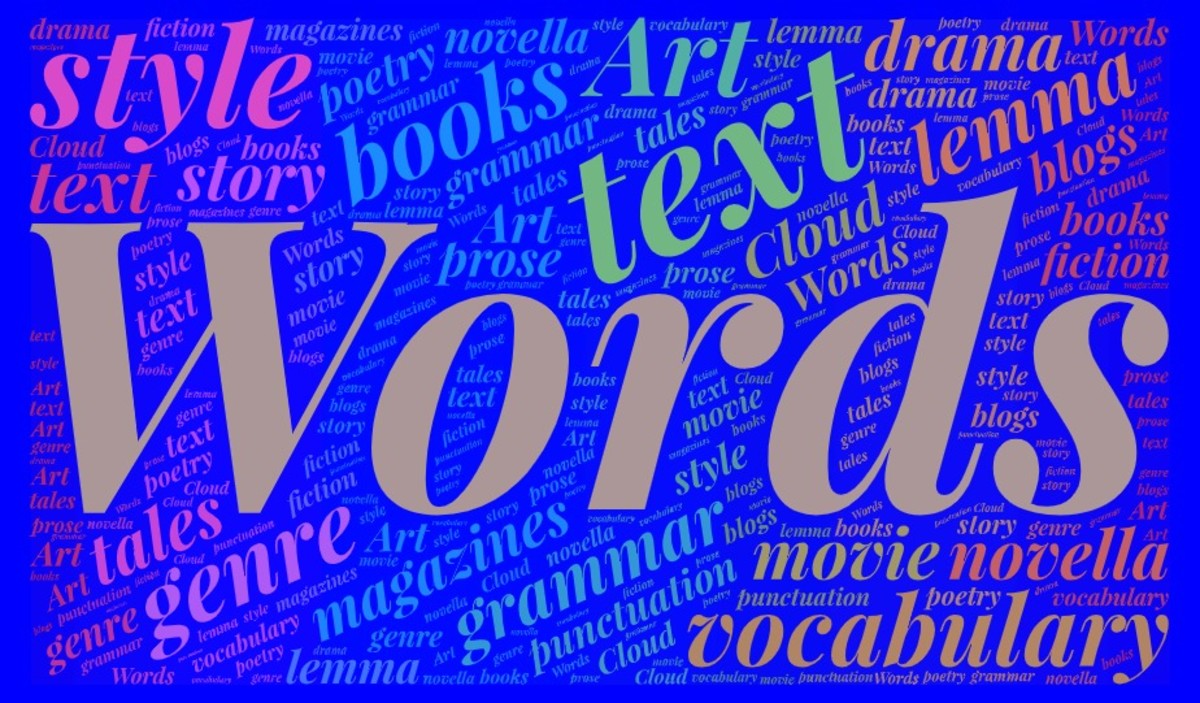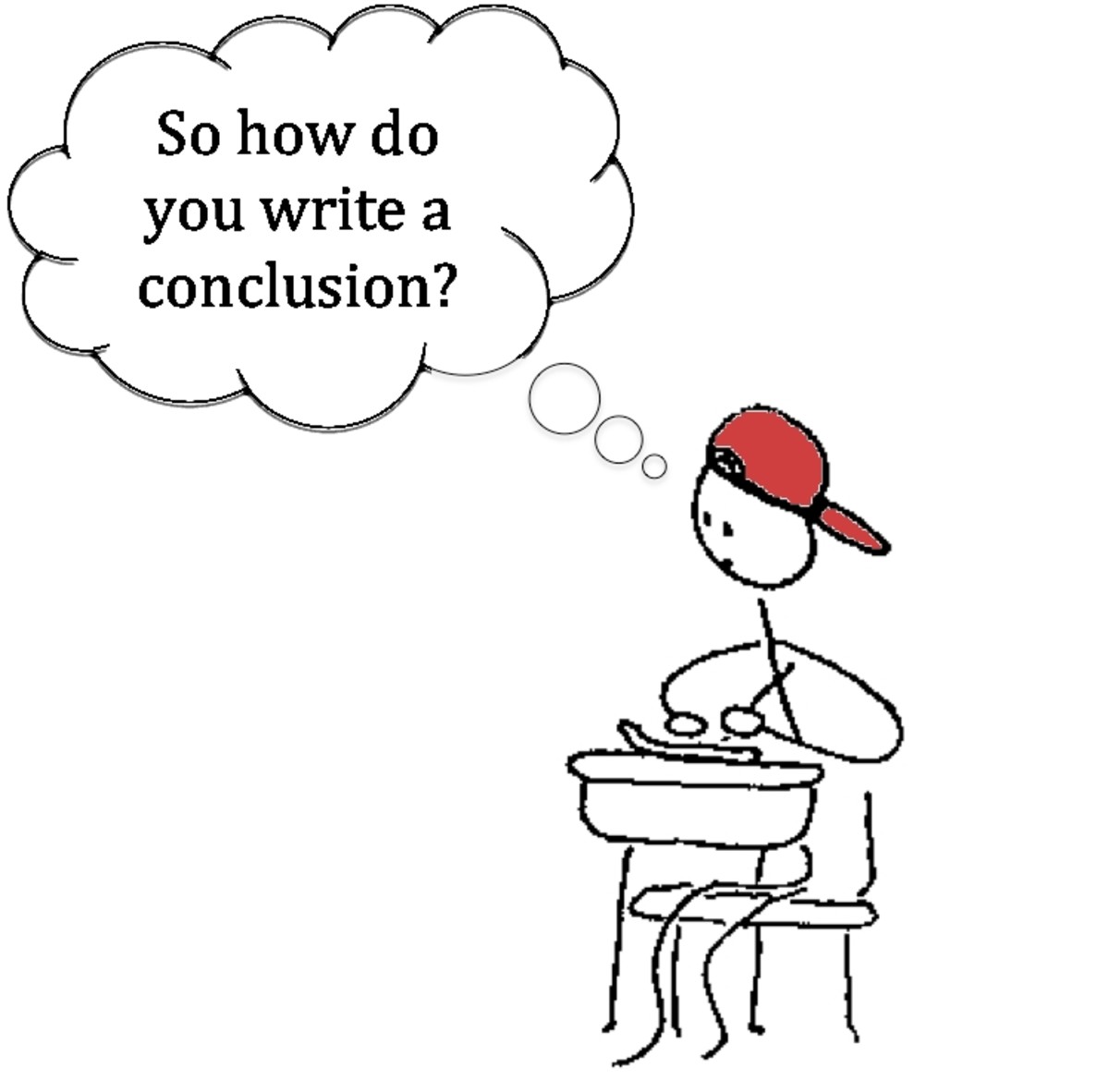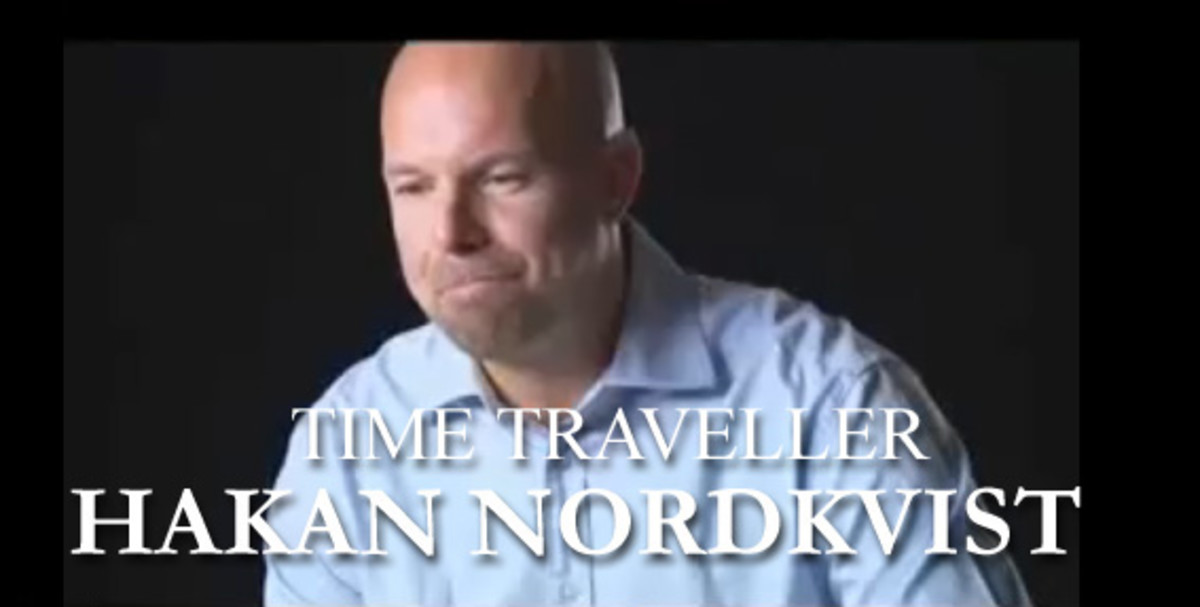Drawing a blank or not ... Preparing to write on the blank page
Should be a simple task
The screen blinks at me with all the disinterest its electronic existence is able to bring to the task. Therein lies the problem. If writing were a task like cutting glass or painting a wall we could just get on with it, with very little emotional involvement. Writing is emotional. It does take active thought, and we often do get in our own way.
As above, I look at what I wrote and remember a friend who worked in a glass factory. The sentence screams at me in fear that it will be misunderstood. "They'll think it's a typo!" The collection of words sob. "Where's the mower?" It adds, somewhat sarcastically. Sentences written late at night tend to be petulant.
"Who cares?, I retort not really feeling the bravado of the statement. I debate about this. Should I re-write the sentence? Maybe I'll just scrap the whole thing? Nah, they'll get it. Won't they? Have I used too many contractions or questions? Perhaps I haven't used enough?
Analog angst
As the product of a less digital age composing directly onto the screen took time and required a gradual refining of habits. I wrote a store newsletter in my mid to late 20s and had to write everything out on full scape before typing it and saving it onto a floppy disk for later printing. By the time I went back to school to get my first diploma in publishing I had moved to rough notes on paper and then on to the computer. Eventually I could sit at a computer and type as I am doing this evening. This is not an easy process for me, but it is less daunting than it once was.
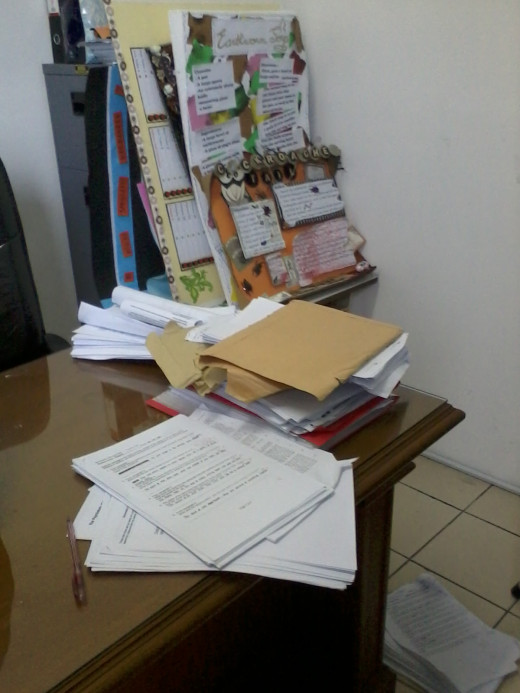
What is it all about?
Start with an idea ... hmmmm snowboarding frogs. Okay free association isn't working. Perhaps you have some notes from previous projects. I should add that in addition to teaching Secondary English I have also been a School Superintendent, a school manager, and a teacher trainer. I spend a fair amount of time in the classroom, as I teach Primary classes, Secondary One, Two and Three.
Sec 1,2 and 3 are the three years of Middle school. I often find myself writing the start of a story for my Secondary students. They then use this as a starting point for individual creation or group discussion and creation.
Our school is located in Indonesia, and although the level of English is high the students are not first language speakers. In fact for many of them English is their third or fourth language.English competes with Indonesian, Javanese, and Mandarin. We also contend with that unique local dialect Bahasa Suroboyo. Suroboyo is a melding of Indonesian(with it's Malay roots), Madurese, Javanese and whatever slang is popular this month.
The children are eager to learn and are quite creative. Their writing tends to be derivative of movies and current best sellers, but sometimes it can be about family issues, and the loss of loved ones.
Producing material and teaching it.
Other than classroom work, my writing these days tends to be proposals and test preparation. I have a basic template for both. Proposals tend to be for things needed in the school, school activities and school trips. We need equipment from time to time and the proposals tend to be a bit pessimistic as you start to justify the need for very basic things. We need 300 erasers for ... "Oh for God's sake! Do I actually need to write the rest of this?" Then you settle down and explain that previous erasers were actually damaging the whiteboards. There have also been occasions when they've disappeared. I imagine there's a great exposé on Black market school supplies waiting to be written.
Tests tend to consist of reading insert, comprehension, vocabulary and grammar. The test is wrapped up with a short summary of the passage. The grammar comes out of term work and the vocabulary comes out of the reading insert(or passage). The vocabulary should be straight forward, but as we're trying to instill reading for context it is important that the text gives some clue to the meaning of chosen words. It's all well and good to write about the sterile nature of a hospital room but the reader may need some clue as to the cleanliness and germ-free nature of the aforementioned room.
We also tend to bold the words and give the line numbers. It does feel like spoon feeding from time to time.
Test content may follow a theme that was covered previously, but other than the grammar being reflective of term-work the themes may diverge. The reasoning for this is increasing general knowledge, giving a wider world view, and most importantly that much of the typical text material could induce coma. Two tests I created used the themes Teenage Shoplifting and The Psychology of Architecture. More recent tests covered a dogfight in World War l and Eastern Canada's Ice storm of 1998.
Shoplifting was criminally under-appreciated but they enjoyed the psychology. Psychology may have worked best as it followed a series we did on the psychology of magic. The dogfight story was surprisingly well received, and the ice storm got positive feedback. As both a writer and a teacher, feedback is important on a number of levels.
The vocabulary was the biggest challenge for students. As a teacher you try to pre-teach vocabulary that is relevant to upcoming topics or useful in science, math or geography class. Cross-curricular material is not only necessary for students, but it adds a certain amount of interest and novelty to material that can start to become stale with repeated servings.
They'll love it
One of the great dangers of preparing material is preparing things that you enjoy. Writers have said, from time to time, that you should write for yourself. The reasoning is that if you create that which you really enjoy, and are personally invested in, then your readers will appreciate it more. Unfortunately when you're teaching children you have to write to their tastes. You cannot pander to them. You have to have an accurate feel for their tastes. You also have to have content that opens their eyes and minds. Two years ago we did a reading on Somali piracy. We may revisit it this year.
We have found the thematic approach works best. Previous themes have been on the psychology of stage magic, the environment, and homelessness. They are all things we still touch on in class for readings or discussions, but exams tend to be more stressful so you want a subject that will engage the students.
I read a fair amount. I talk to students about their hobbies. I try to be aware of movies, popular stars and issues that annoy or trouble our students. I do not rap in class. I do not try to be anyone's buddy and I don't encourage the mania with celebrity. If we do a biography presentation we do not need to see endless presentations on Lady Gaga or Harry Styles, nor do the students need to know about my crush on Kate Bush.
Communicating


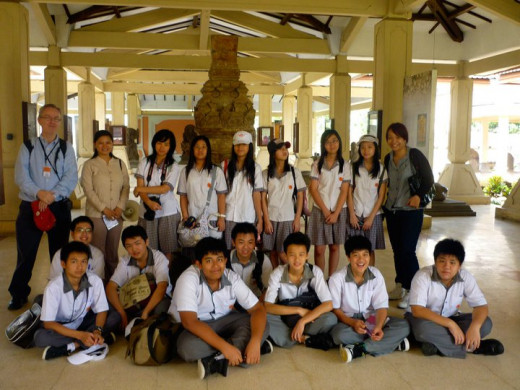
Finally
One of the things I've been trying to get across to the students is the use of discourse markers. I'll joke that whenever they hear a speaker say finally it unfortunately means that the pain will continue for at least another 20 minutes.
I hope that I have been able to convey that going from a struggle with digital creation, to an ongoing effort to prepare relevant classroom and test content, and on to my various administration duties, has involved a practical and intellectual evolution in the production of writing. it has also given me a greater appreciation for my audience. On that note, thank you for reading.
What inspires you to write?
Where do you get ideas from?
The League of Extraordinary Gentlemen
Margaret Atwood’s 10 Rules of Writing
- Margaret Atwood’s 10 Rules of Writing – Brain Pickings
"Do back exercises. Pain is distracting."
Inspiration
Steven Johnson: Where good ideas come from
Alan Moore on becoming a writer
Margaret Atwood's Suggested Resources
- Resources for Writers - Margaret Atwood
A list of various resources for writers and aspiring writers



